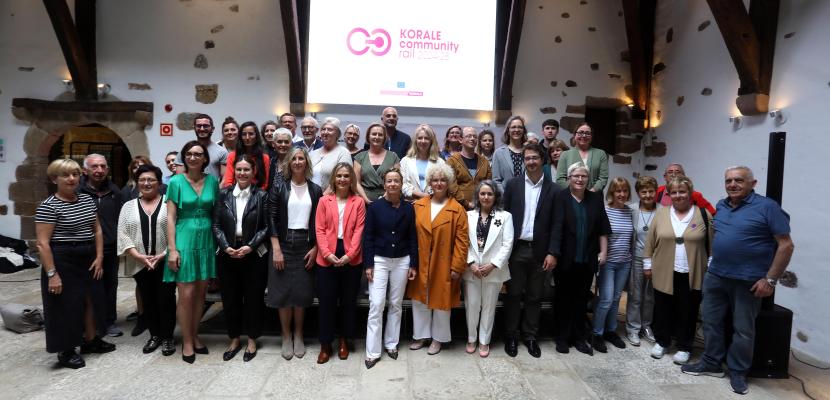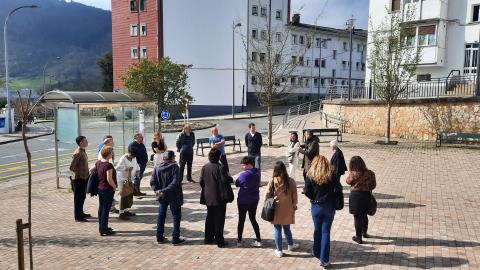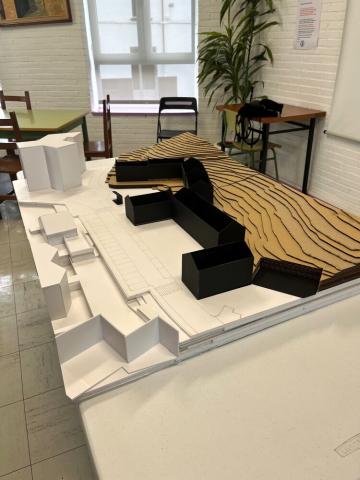
KALELAGUN: Outdoor public spaces to reduce loneliness & increase well-being and autonomy of olders

About this good practice
The main objective of KALELAGUN is the development of a Guide that includes design strategies and construction and technological solutions for the design of outdoor public spaces that help mitigate loneliness and increase the well-being and autonomy of elderly people. To do this, the Design Guide will include several Pilot Projects in Gipuzkoa as examples. It is also the objective of the project to define a collaboration framework between the institutions involved and design a governance model that allows for achieving the objectives pursued. The project has an architectural/urban and interdisciplinary approach, based on the design of quality outdoor meeting spaces (squares, streets, parks, etc.), which encourage the active enjoyment of the nearby environment, enhancing social relationships, promoting physical activity. and integrating digital technologies. Various workshops and co-creation actions including the quadruple helix will be launched. Some are aimed at agents who are experts in different fields of knowledge and others at the general public of reference in each pilot project.
Resources needed
Total cost: 519,200,60€ Funding: 259,600€ Detail: 404,735€ (human resources), 76,465€ (services subcontracting) and 38,000 (other costs). People involved: 22 people (16 staff lectures and researchers, 3 new research contracts, 3 students)
Evidence of success
Construction of the first KALELAGUN square in Beasain (works will start in 2025). Development of “KALELAGUN toolbox” for the co-creation process, which includes the quadruple helix and lessons learned. A Design Guideline for further replication.
Potential for learning or transfer
The KALELAGUN toolbox and the Design Guideline can be easily applied in other cities/countries in new design and renovation of public spaces. The number and disposal of seats and benches, the type and number of trees, the environmental quality (noise, light, temperature, etc.), the use of materials, and technological devices, can help or difficult social interaction. A detailed study is needed in every case, there is not a universal solution. Climate and cultural differences need to be understood and included in the design to achieve the objectives.
Further information
Kalelagun - Korale Community Rail 2024-27
Images


Website
Good practice owner
You can contact the good practice owner below for more detailed information.